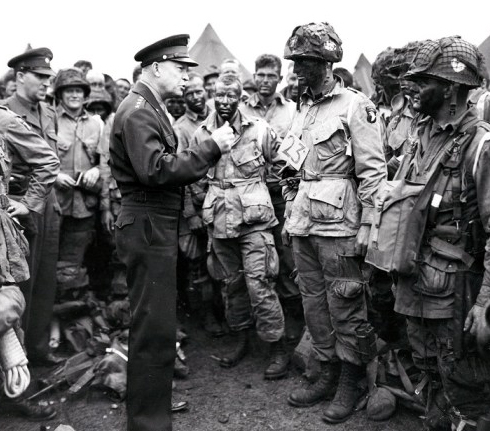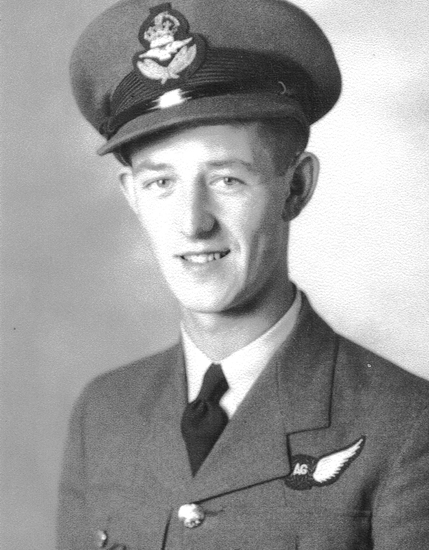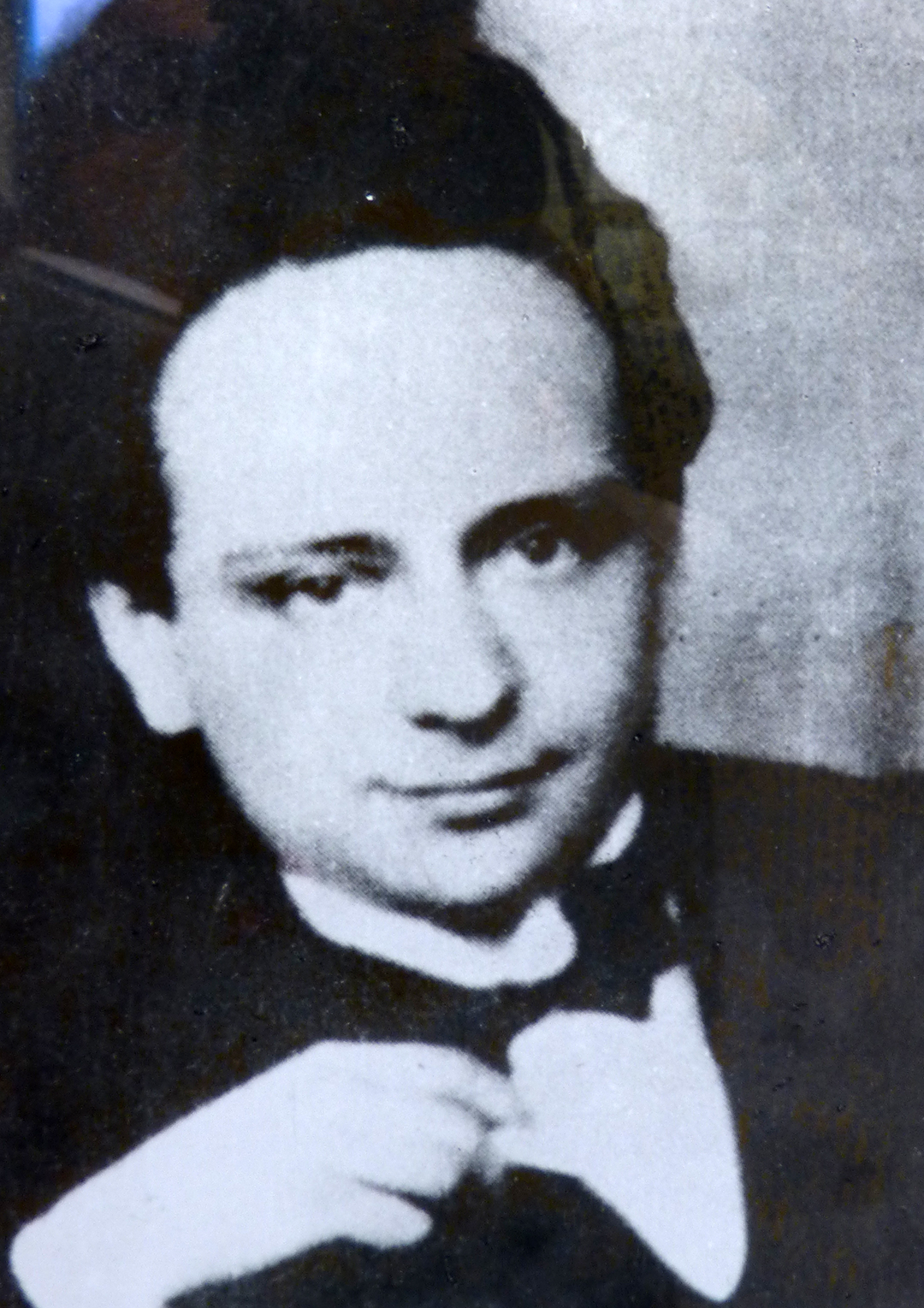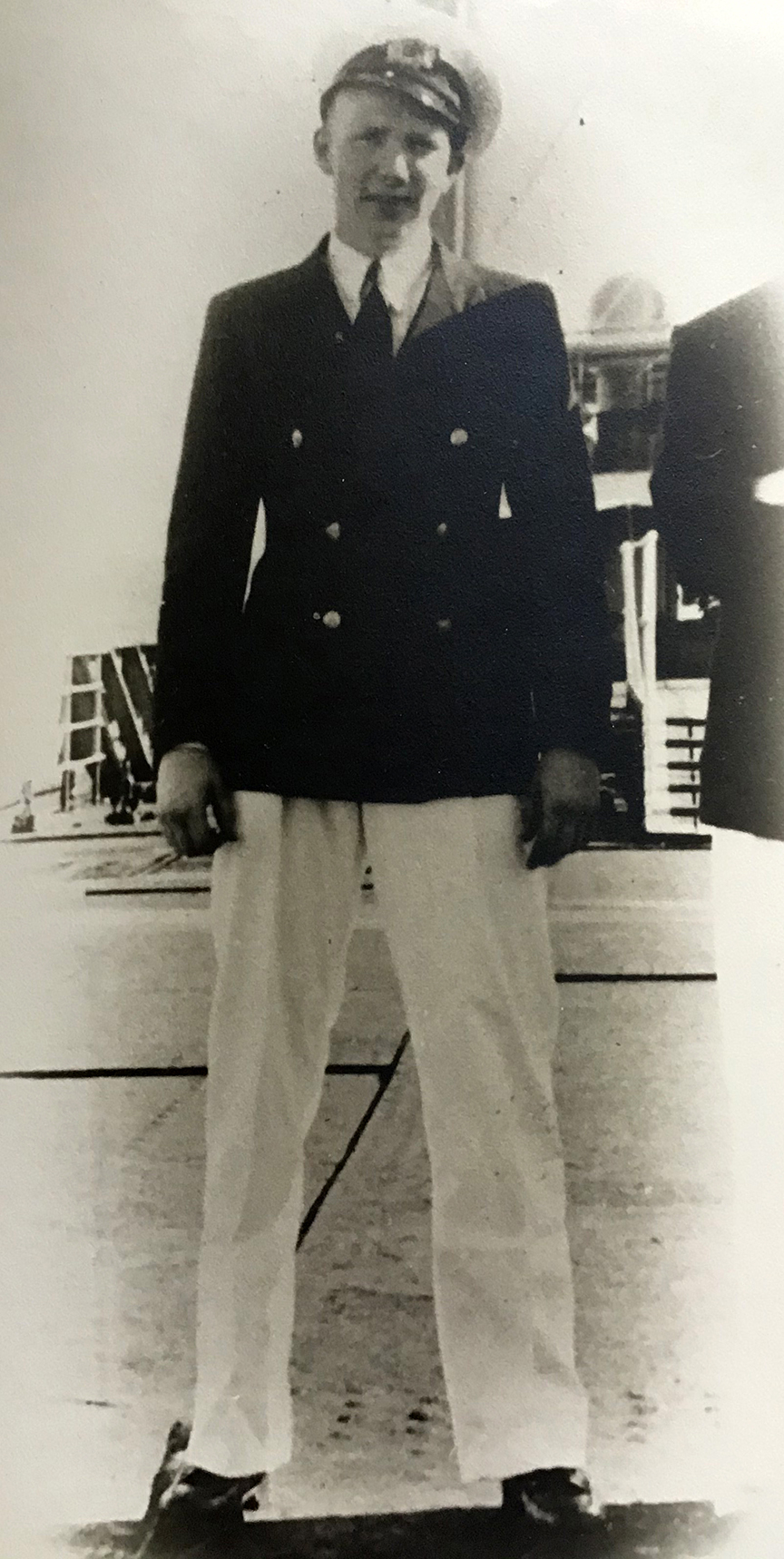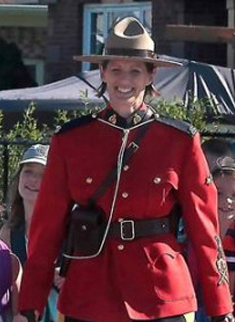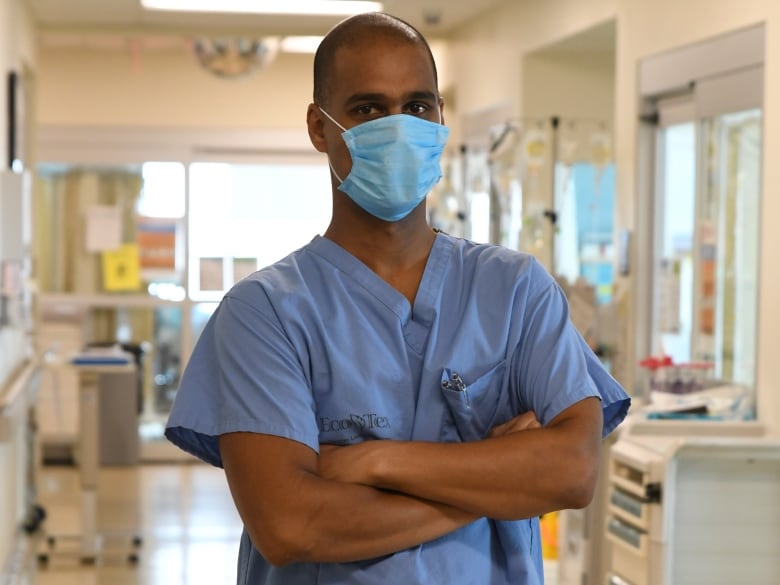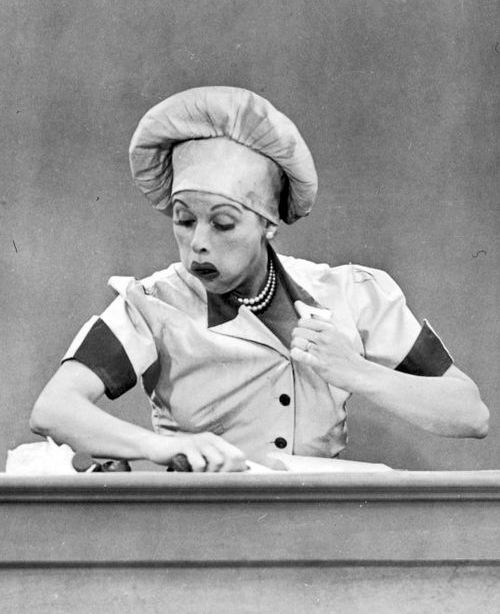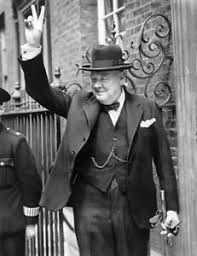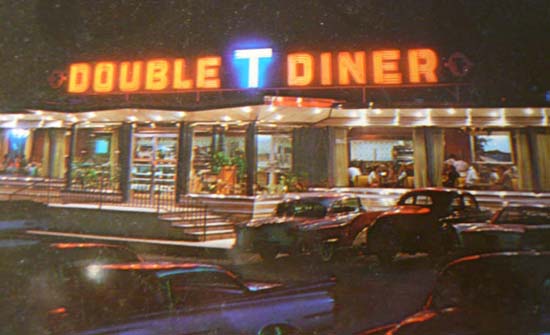
I should have recognized the prophetic nature of his view of life. I could have understood it, if I’d experienced as much living as he had. But when I met him, he was a 50-year-old dishwasher in the back of the Double T Diner, a popular roadside diner near Baltimore, Maryland, and I was a 16-year-old bussing tables and stocking shelves in the same restaurant, owned and operated by my uncle. I worked many a hot night side-by-side with Mr. Beale (as we all knew him) back in the summer of 1965. And early on in our kitchen co-worker relationship, I naively asked him what life as an African American had taught him.
“We shall overcome,” he said. (more…)
